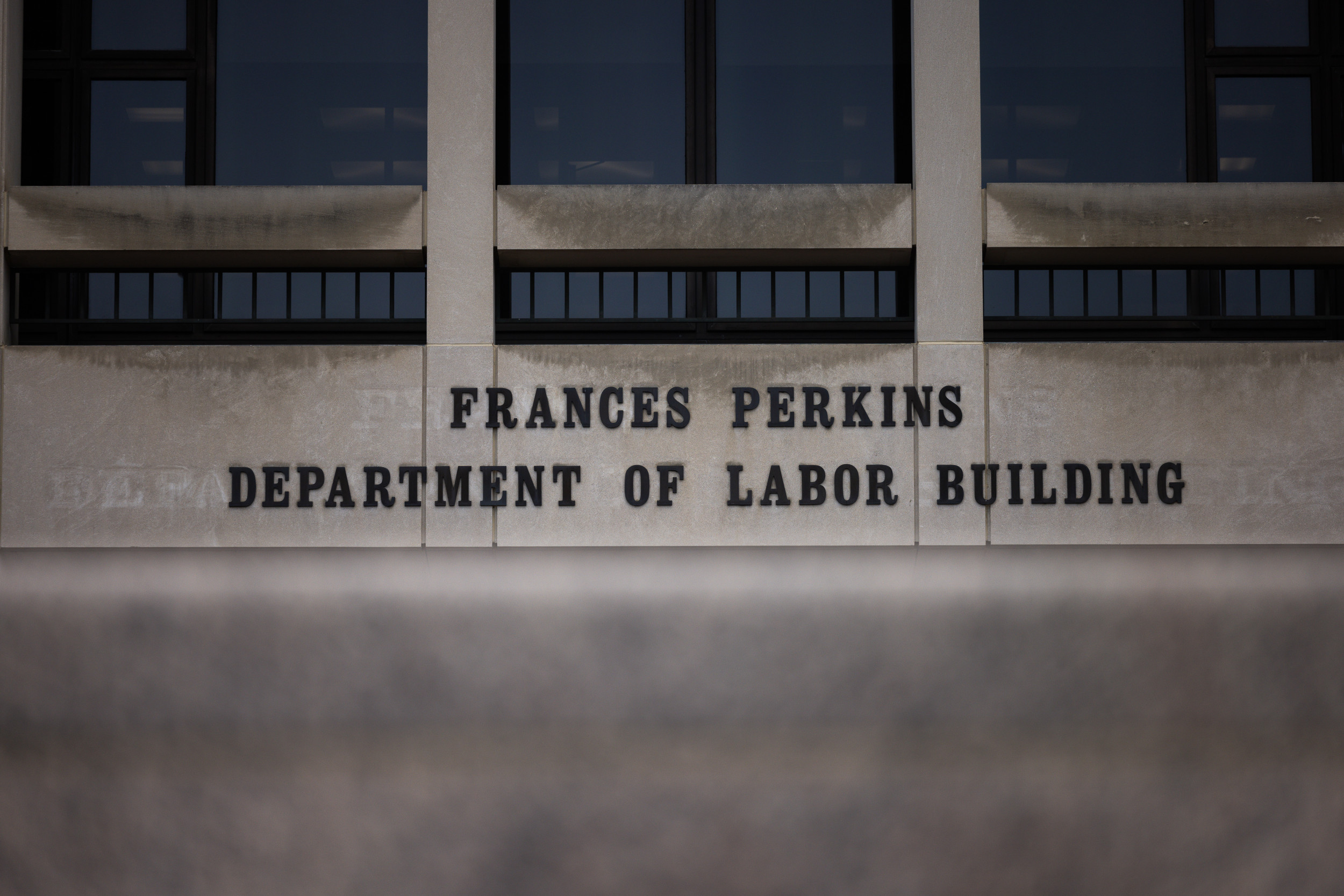Jobs
U.S. Black unemployment rises slightly despite 227,000 jobs added – Businessday NG

In the United States, the unemployment rate for black males rose from 5.7 percent to 6 percent, while it increased from 4.9 percent to 6 percent for black females, even as the economy added 227,000 jobs in November.
More jobs presents a robust jobs report despite a slight uptick in the unemployment rate, according to the U.S. Bureau of Labor Statistics.
Clara Wilson, senior policy analyst at the Groundwork Collaborative, remarked, “The spike in Black unemployment is something to always keep track of because if we continue to see a rise, it typically signals further weakening in the labour market down the line.”
According to the U.S. Bureau of Labor Statistics, the number of jobs was bolstered by the return of striking workers. The agency also revised the number of jobs added in October and September upwards by a combined 56,000 jobs.
Louise Sheiner from the nonpartisan Brookings Institution noted, “It’s been remarkably strong. If you look at what the Congressional Budget Office projected the level of real GDP before the pandemic, it’s higher now. We’ve just had a really strong economy.”
Elise Gould, senior economist at the Economic Policy Institute, highlighted that the three-month average of job growth at 173,000 jobs indicates a fairly strong labour market.
Sectors experiencing growth
Employment in transportation equipment manufacturing rose by 32,000 jobs, following a deal reached by Boeing machinists who had gone on strike in September seeking higher pay and better retirement benefits.
In addition, employment in healthcare and government, including state government roles, continued to grow.
The leisure and hospitality sector added 53,000 jobs, while food services and drinking places saw an increase of 29,000 jobs.
However, retail jobs fell by 28,000, with losses in general merchandise and electronics and appliance retailers. Gould attributed this to the late Thanksgiving, which may have affected holiday hiring.
Average hourly earnings rose by 0.4 percent in November, maintaining the same growth rate as October, and increased by 4 percent over the past year. While some economists believe the Federal Reserve would prefer to see wages decrease to meet its 2 percent inflation target, Wilson argued that higher wages indicate workers are benefiting from the current economy.
She expressed concern that the Trump administration might undo some of the economic progress made under the Biden administration’s major legislation.
“It’s really important to remember that real people are behind the data, and a strong labour market propels more opportunities for workers and ensures families have higher wages, leading to a stronger economy. Policymakers should take those lessons from strong public investments and sustain that progress,” Wilson said.
For Nigerians in the U.S. seeking employment, understanding these trends and the broader economic context can be crucial. By staying informed and adapting to the evolving job market, they can navigate their career paths and seize opportunities in a dynamic economic landscape.









